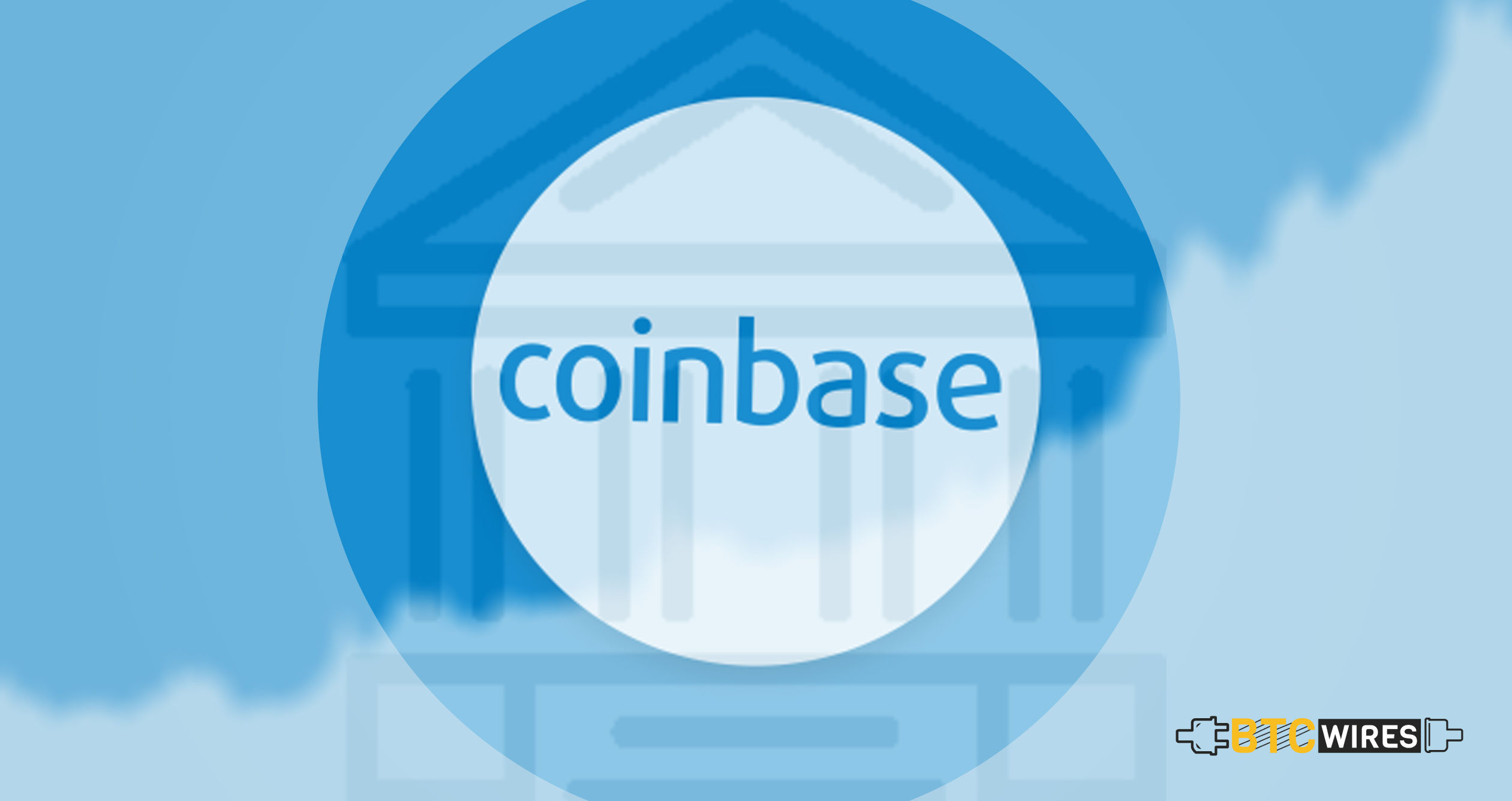The Coinbase exchange, led by Bitcoin evangelist Brian Armstrong, is

The Coinbase exchange, led by Bitcoin evangelist Brian Armstrong, is often referred to as an example of a centralized crypto exchange. At the same time, given that it recently acquired decentralized exchange Paradex, many have begun to wonder: is Coinbase exchange decentralized?
You May Also Read: What Are Decentralized Crypto Exchanges?
Of late, Coinbase has been following a dual policy for that has translated to it being perceived as both a centralized as well as a decentralized cryptocurrency exchange.
The intent behind such a structure is to ensure the best of both worlds without necessarily having to compromise on the quality of decentralization inherent in cryptocurrencies.
In a recent blog post, Brian Armstrong clarified the stance of this exchange on this issue and we will now take a quick look at what he had to say about the same.
What Does The Coinbase CEO Have To Say About Being Decentralized?
In a Medium blog post, Coinbase CEO Brian Armstrong quoted an employee who asked him how Coinbase was reconciling its plans to build an “open financial system” despite having a centralized structure at its core.
Taking up that question, he sought to clarify to the crypto community what Coinbase’s true nature was.
He explained that it was assuming a centralized character during the investment phase and a decentralized character at the utility phase.
The first phase refers to the point where a crypto enthusiast actively decides to purchase or sell cryptocurrencies.
Armstrong says that for the fiat-to-crypto conversion this decision often entails, the crypto exchange should ideally be centrally managed to facilitate a smooth connect with one’s bank account and the “traditional financial system” in general. According to him, around 90% of all crypto-related activities occur in this phase.
The next phase deals with how people actually interact with the cryptocurrencies: how they transact using them, how they use them in decentralized applications or dApps and so on.
As Armstrong opines, crypto activity in this stage is limited to 10%. This is where, according to him, the decentralization of crypto kicks in as users need to have more direct control over this process.
He reminds readers that there will be exceptions to both these patterns: where decentralized exchanges begin to offer great benefits and centralized wallets also show great mettle.
Yet, even though the divisions remain fluid, the exchange process should largely be centralized and the storage/transaction aspect should mostly be decentralized in nature.
He further notes:
“The overall point is that there will be both centralized and decentralized products which help create an open financial system, just like ISPs (centralized) and browsers (decentralized) both play a key role in the internet ecosystem. It’s a false dichotomy to pit one against the other because both are a part of the solution.”
So, Is Coinbase Centralized or Decentralized?
Coinbase as an exchange remains centralized but continues to offer several decentralized solutions in a bid to build a financial system that is far more open.
Armstrong concludes:
“Coinbase will continue creating both centralized and decentralized products that help accelerate the adoption of an open financial system.”
Here Are A Few Other Articles For You To Read Next:
